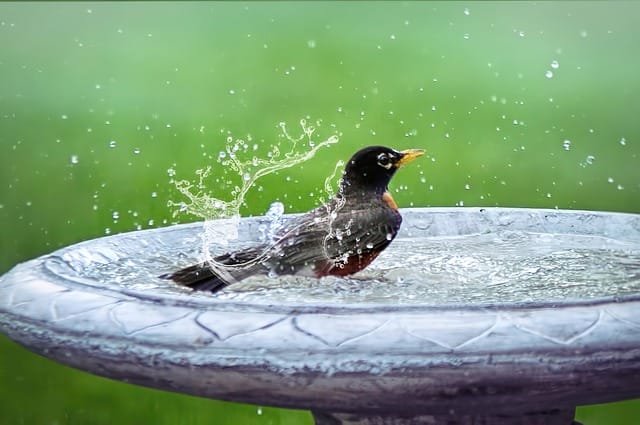Owning an exotic bird can be a fulfilling experience, but it comes with responsibilities, including understanding the legal requirements. Federal, state, and local laws regulate the ownership of exotic birds to ensure their protection and the safety of the ecosystem. This guide will help you navigate these laws and make informed decisions as a bird owner.
1. Federal Laws Governing Exotic Birds
In the United States, several federal laws affect exotic bird ownership:
- The Wild Bird Conservation Act (WBCA)
Enacted in 1992, the WBCA restricts the import of exotic birds into the USA to protect wild populations from overexploitation. Birds listed under this act can only be imported for specific purposes, like conservation or scientific research. - The Endangered Species Act (ESA)
Birds listed as endangered or threatened under the ESA have additional protections. Their trade, possession, or transportation may require permits. - The Migratory Bird Treaty Act (MBTA)
Many native and migratory birds are protected under this act, prohibiting their capture, sale, or ownership without proper authorization.
2. State-Specific Regulations
Exotic bird laws can vary significantly from state to state.
- Permits and Licensing
Some states, like California and Hawaii, require permits for owning certain species. Check with your state’s wildlife agency for specific requirements. - Restricted Species
States may ban ownership of specific birds, such as invasive species that threaten native ecosystems. For instance, Quaker Parrots are restricted in some states due to their potential to disrupt agriculture.
To learn more about legal exotic pets in California, visit What Exotic Pets Are Legal in California?.
3. Local Ordinances – Exotic bird laws
In addition to federal and state laws, local municipalities may have rules regarding exotic birds. Common restrictions include:
- Noise ordinances for loud species like macaws or cockatoos.
- Limits on the number of birds you can own in a residential area.
- Zoning regulations affecting where birds can be kept.
4. Ethical and Responsible Ownership
Owning an exotic bird isn’t just about complying with laws; it’s about ensuring the well-being of the bird.
- Adopt, Don’t Shop: Many exotic birds are available for adoption at shelters or rescues. Consider giving a home to a bird in need.
- Avoid Illegal Trade: Always purchase birds from reputable breeders or sellers who comply with the law.
- Educate Yourself: Learn about your bird’s specific needs, behavior, and care to provide the best environment.
5. Protecting Ecosystems and Wildlife
One reason for strict regulations is the potential harm exotic birds can cause to local ecosystems if released or escaped. For example, invasive species like Monk Parakeets can outcompete native birds and damage crops.
For more on the balance between exotic pet ownership and conservation, read How Exotic Pet Ownership Impacts Wildlife Conservation Efforts.
6. How to Stay Compliant
- Research: Before purchasing a bird, research its legal status at the federal, state, and local levels.
- Register Your Bird: Some species require registration with wildlife authorities.
- Keep Records: Maintain proof of purchase and any required permits for your bird.
Exotic Bird Laws in the USA
Owning exotic birds in the USA comes with specific legal requirements that vary by state. These laws aim to protect wildlife, ensure proper care, and prevent the spread of diseases. Prospective owners should research their state’s regulations before acquiring a bird. For more information on wildlife and exotic species laws, visit the U.S. Fish and Wildlife Service.
Final Thoughts
Owning an exotic bird is a rewarding experience, but it’s crucial to stay informed about the legalities. By understanding and complying with the laws, you can enjoy a fulfilling relationship with your feathered companion while protecting the environment.
Explore more resources and tips in our Birds Category to become a responsible and knowledgeable exotic bird owner!

